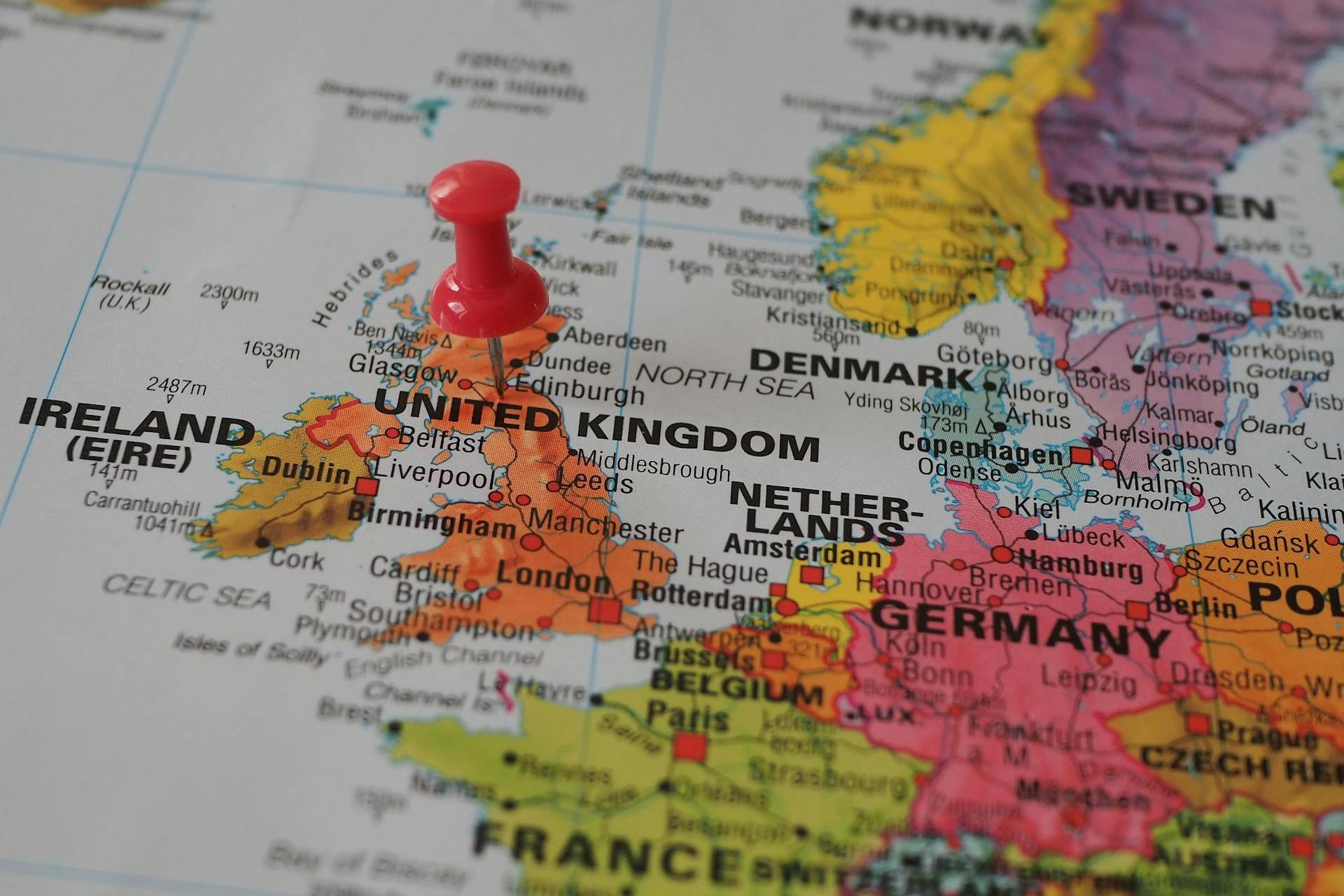When it comes to reclaiming citizenship through ancestry, most people think of EU countries like Italy, Ireland, and Poland. But did you know that several European nations outside the EU and EEC also offer citizenship to those with ancestral ties?
If you have family roots in the Balkans, the Caucasus, or the UK, you might be eligible for a second passport—even if your ancestors left generations ago. Some of these countries make it relatively easy to apply, while others have more complex conditions.
Which Non-EU/EEC Countries Offer Citizenship by Ancestry?
The following countries have some form of ancestry-based citizenship law, allowing descendants of emigrants to reclaim nationality under certain conditions:
| Country/Region | Status | Ancestry-Based Citizenship | Required Degree of Ancestry |
|---|---|---|---|
| Albania | Non-EU, Council of Europe | Yes | Great-Grandparents |
| Armenia | Non-EU, Council of Europe | Yes | Any ancestor |
| Bosnia & Herzegovina | Non-EU, Council of Europe | Yes | Grandparents |
| Moldova | Non-EU, Council of Europe | Yes | Great-grandparents, persons who lived in historic regions before 1940, and deported/refugee descendants |
| Serbia | Non-EU, Council of Europe | Yes | Any ancestor |
| Ukraine | Non-EU, Council of Europe | Yes | Grandparents |
| United Kingdom | Non-EU, Former EU Member | Conditional | Complex rules based on birth year, colonial ties, and gender-based lineage (see below) |
Let’s dive into what makes each of these programs unique.
1. Albania – Reclaim Your Albanian Heritage
Albania allows people with Albanian great-grandparents to apply for citizenship. The process requires proof of lineage through birth records, but once granted, Albanian citizenship provides visa-free access to many countries.
2. Armenia – Open to Any Armenian Descendant
Armenia is one of the most generous nations when it comes to ancestry-based citizenship. If you can prove Armenian ancestry—no matter how distant—you may be eligible for naturalization. This is particularly relevant for those in the Armenian diaspora, including communities in the Middle East, the U.S., and France.
3. Bosnia & Herzegovina – Citizenship Through Grandparents
If you have a grandparent who was a Bosnian citizen, you can apply for Bosnian nationality. However, the process can be bureaucratic, and applicants often need to show cultural or language ties as well.
4. Moldova – A Broad and Unique Approach
Moldova offers one of the most inclusive ancestry-based citizenship programs. If you have a parent, grandparent, or great-grandparent born in Moldova, you can apply. Additionally, if your ancestors lived in certain historical regions like Bessarabia or Northern Bukovina before 1940, or if they were deported or displaced due to Soviet actions, you may also be eligible.
5. Serbia – One of the Easiest Paths to Citizenship
Serbia’s ancestry-based citizenship law is among the most flexible. Unlike many other countries, you don’t need to prove a specific degree of ancestry—just that you have Serbian heritage somewhere in your family tree. This makes it one of the simplest routes to citizenship by descent.
6. Ukraine – Citizenship for Those with Ukrainian Grandparents
Ukraine allows people with Ukrainian grandparents to apply for citizenship. However, given the ongoing geopolitical situation, the government has tightened its nationality laws. Currently, applicants must renounce any other nationality to become Ukrainian citizens.
7. United Kingdom – A Complex but Worthwhile Route
- Your birth year (rules changed in 1949 and 1983).
- Whether your grandfather was born in the UK and served in Crown Service.
- Whether your parents were born in a British colony or a Commonwealth country.
- Whether your grandmother married a British man before 1949 (a rule that existed under historical gender-based nationality laws).
Why This Matters & What’s Next
Ancestry-based citizenship offers a powerful opportunity to reconnect with your heritage while gaining a second passport that can provide travel, work, and residency benefits. Many of the countries on this list have relatively straightforward processes, while others require more documentation and legal navigation.
At Citizenship.EU, we’re committed to helping people unlock their citizenship rights through ancestry. While we currently focus on EU nations, we’re planning to expand our services to include some of these non-EU ancestry-based citizenship programs soon.
If you have roots in any of these countries, we’d love to hear from you! Stay tuned as we develop new support services and resources to help applicants reclaim their rightful nationality.
📩 Interested in learning more? Contact us to stay updated on our expansion into these ancestry-based citizenship programs!
